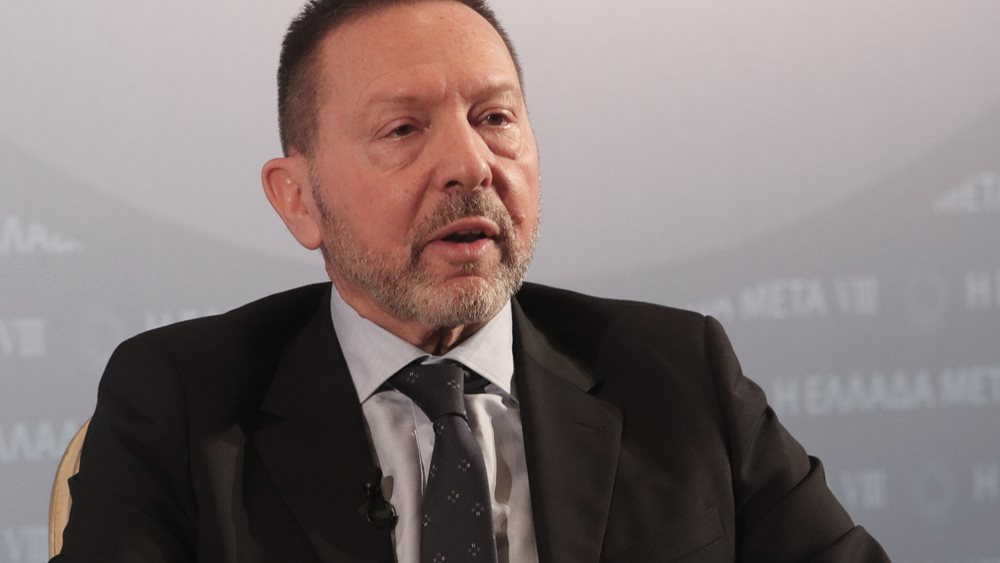
At the 2nd Conference "Invest in Greece," titled "Investments and the Greek Economy," Giannis Stournaras, the Governor of the Bank of Greece, addressed the evolving investment landscape in Greece, shedding light on both the prospects and challenges that lie ahead.
Stournaras emphasized the critical need for Greece to bridge the investment gap created by the debt crisis, particularly during a time of heightened uncertainty. He pointed out that total investments have experienced a substantial upswing since 2019.
Recent indicators of structural competitiveness, he noted, reveal notable advancements in Greece's digital economic transformation, public sector efficiency, business effectiveness, and the ease of starting a business. The country's recovery to an investment-grade credit rating for Greek government bonds in 2023 has significantly bolstered the overall investment climate.
However, Stournaras identified that a key factor for increasing investment volumes remains the timely absorption of funds from the Recovery and Resilience Facility (RRF). He cautioned that the overall business environment is still marred by significant challenges. Regulatory hurdles, the shadow economy, and restricted access to financing—particularly for small and medium-sized enterprises—continue to stifle competition, private investment, and overall productivity growth.
The Governor underscored the importance of effective institutional functioning, such as expedited judicial processes, in combatting excessive regulation and improving governance. He advocated for the digital transformation of public administration to alleviate administrative burdens and reduce uncertainty. Furthermore, he called for a swift implementation of reforms in goods and services markets to lower entry barriers and curtail oligopolistic structures. A more efficient financial market, he stressed, is crucial for enabling Greek businesses to secure the necessary capital for growth and innovation.
In conclusion, G. Stournaras highlighted that Greece is currently experiencing a phase of dynamic growth, characterized by substantial investment opportunities and promising prospects. He underscored the importance of continuing reforms, maintaining fiscal credibility and financial stability, reducing obstacles, and accelerating the transitions towards digital and green economies.
Simultaneously, he urged Greek businesses to take an active role in seizing the emerging investment opportunities and collaborations arising from European initiatives. These initiatives include enhancing common defense, achieving energy autonomy, developing Europe's electrical interconnections, advancing digital networks, and improving transportation infrastructure.
As he poignantly remarked, Europe is on the cusp of a new wave of investments, and it is crucial for us to adopt an outward-looking approach—not only as producers but also as investors. This proactive stance will yield long-term benefits for our country.






